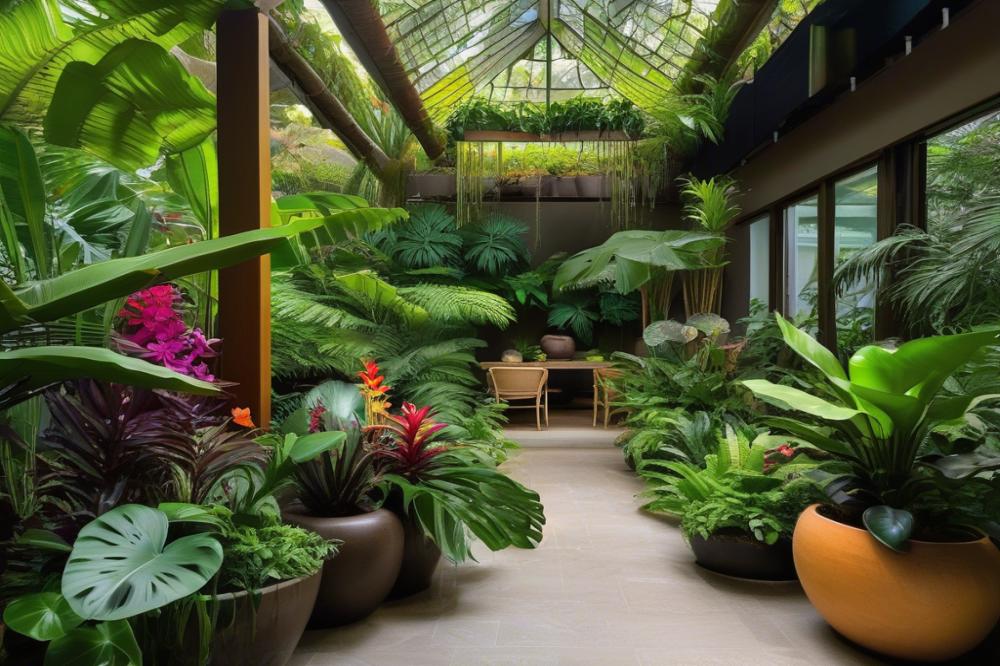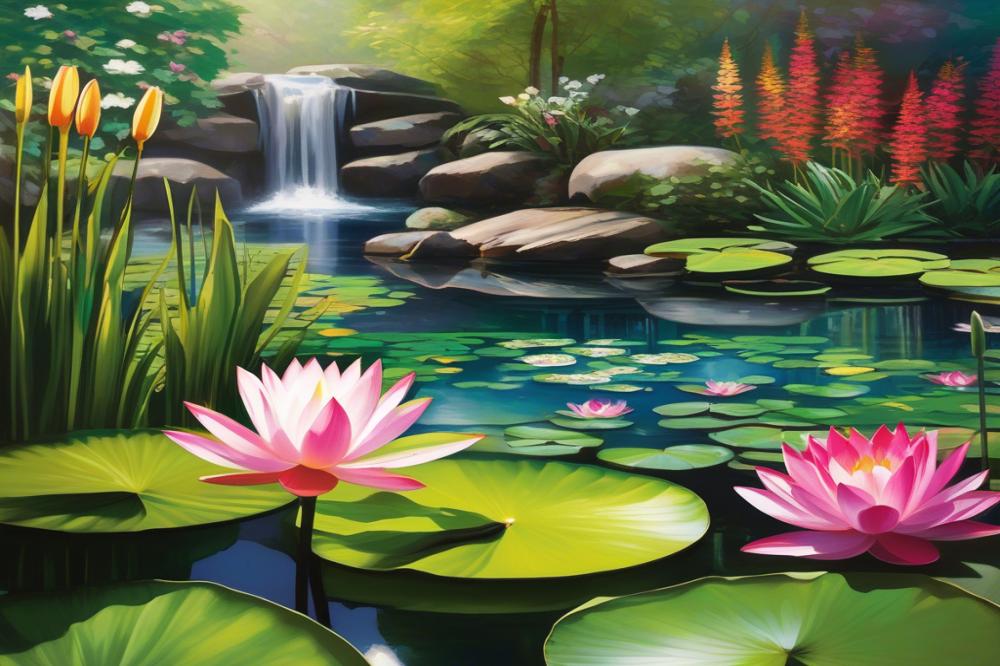Introduction
Exotic plants bring a sense of wonder and beauty to any garden or indoor space. Their striking colors, unusual shapes, and varied textures can capture the attention of anyone. Caring for these tropical plants, however, is not always easy. They require specific conditions that can differ vastly from the more common houseplants. One crucial aspect is the type of soil you use.
Selecting the right soil plays a significant role in successful plant growth. This is where the concept of exotic plant soil comes into focus. The correct potting mix allows for proper drainage while retaining enough moisture to keep roots happy. A combination of organic matter is vital. Items like perlite and vermiculite can enhance drainage and aeration. The perfect soil mix will also balance pH levels to cater to the needs of your chosen species.
Creating a nutrient-rich plant growth medium is essential for thriving exotic plants. These unique species often depend on specific nutrients to flourish. Soil amendments can help in providing vital elements that may be lacking. Furthermore, adequate moisture retention in the soil ensures your plants stay hydrated, especially in warmer conditions. With the right ingredients, you’ll see vibrant growth and health in your plants.
In summary, the foundation of a beautiful exotic garden begins below the surface. Paying attention to soil quality not only benefits your plants but also enhances your overall gardening experience. Ready to explore the best options for soil? Let’s dig deeper!
Understanding exotic plant soil
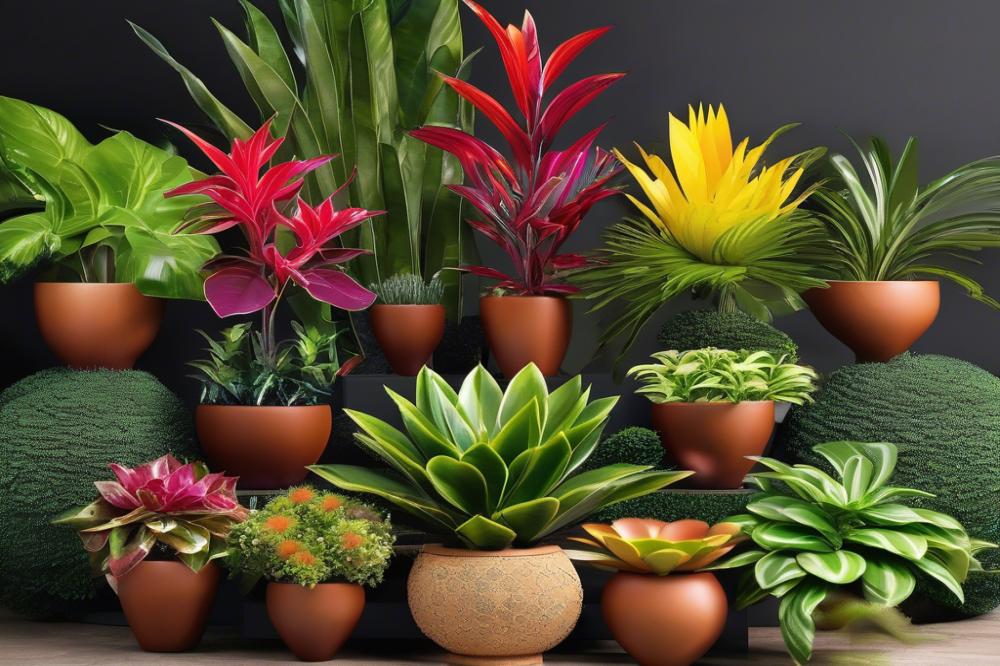

Exotic plant soil is specially formulated to meet the needs of tropical plants and other fascinating flora. It features characteristics that support growth and vitality. A nutrient-rich mixture is essential for maintaining the health of these unique species.
One of the key components in this soil is potting mix. This mix typically contains a blend of materials that help provide the best environment for root development. Organic matter is another crucial ingredient. It boosts the soil’s fertility and enhances nutrient availability, allowing for optimal plant health.
The structure of the soil cannot be overlooked. Healthy soil has good aeration and moisture retention, which keeps plants hydrated without drowning them. Adding ingredients like perlite or vermiculite can improve these qualities. These components create air pockets that encourage robust root systems.
Drainage plays a vital role in plant health. Too much water can lead to root rot, which can be devastating. Use a well-draining mix to prevent this issue. Consider using soil amendments to adjust drainage and moisture to suit the specific needs of your exotic plants.
Another important aspect to consider is pH balance. Most tropical plants prefer slightly acidic to neutral soil. Testing the pH ensures that nutrients are accessible, promoting better growth. With the right mix, you can create a thriving environment for your exotic plants.
Essential Components for Exotic Plant Soil
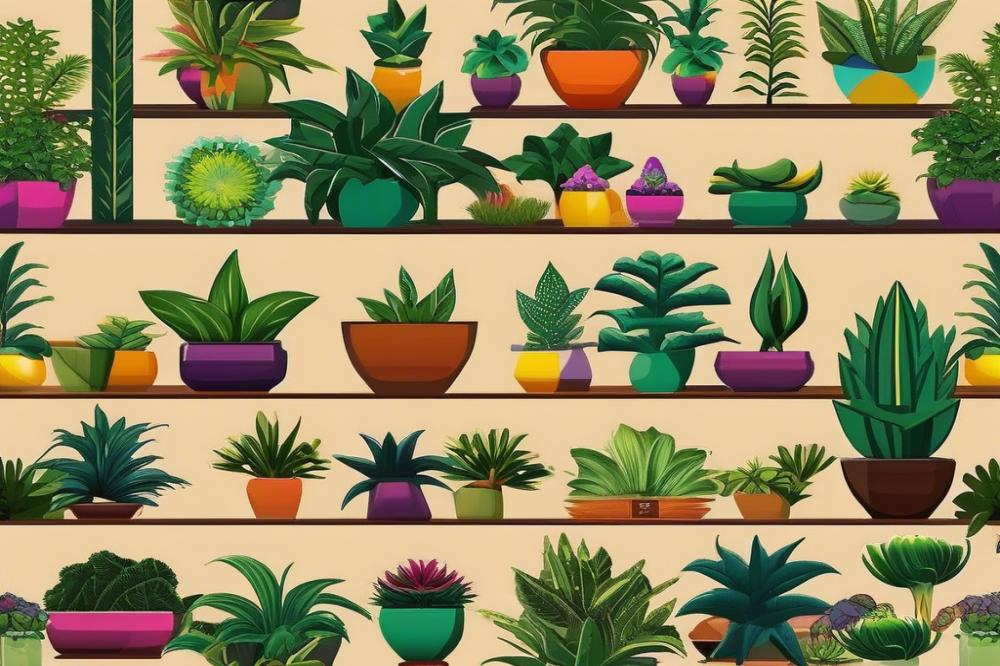

Nutrient-rich soil is crucial for the health of tropical plants. Without adequate nutrition, growth can become stunted. Many exotic species demand a well-balanced environment. Fertile potting mix provides essential organic matter. This matter supports vibrant and thriving plants.
Moisture retention plays a significant role in their overall health. Tropical plants, in their natural habitats, experience high humidity and consistent watering. A well-formulated soil helps mimic these conditions. Balancing the right moisture levels can prevent stress. Too much dryness can lead to wilting, while excess water may cause root rot.
Incorporating perlite and vermiculite can significantly enhance the potting mix. These materials improve aeration, letting roots breathe better. Good drainage is vital for preventing waterlogged soil. Both perlite and vermiculite help create a suitable environment. They are lightweight, which aids in moving the soil easily if needed. Using soil amendments can further boost the overall quality.
Keeping an eye on the pH balance is equally important. Most tropical plants thrive in a slightly acidic range. The right pH can optimize nutrient availability. Adding specific organic materials can help manage this balance effectively. Choosing the right components will support the unique needs of these remarkable plants.
pH Balance and Its Impact on Exotic Plants
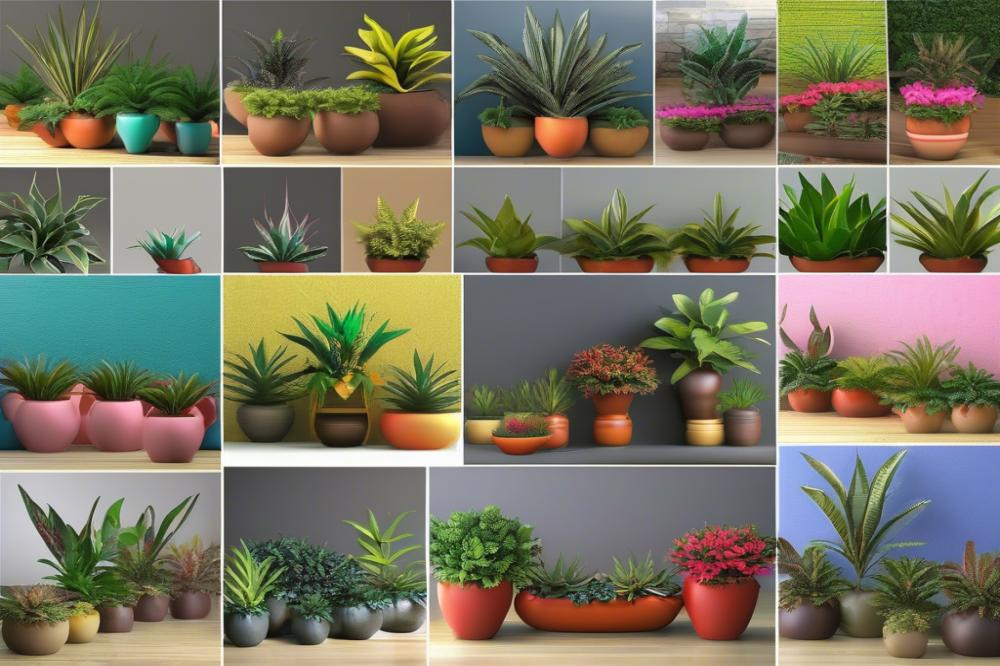

Understanding pH balance in soil is vital for any gardener, especially those growing exotic plants. This measure tells you how acidic or alkaline your soil is. The scale ranges from 0 to 14, with 7 being neutral. Values below 7 indicate acidity, while values above show alkalinity. Most tropical plants prefer slightly acidic to neutral soil, making pH levels a crucial factor in plant health.
Different exotic plants thrive best within specific pH ranges. For instance, orchids typically enjoy a pH level between 5.5 to 7.0. Other varieties like bromeliads prefer a slightly more acidic environment, around 5.0 to 6.5. Knowing these ranges allows for better growth, vibrant colors, and more robust health. A well-balanced potting mix can make all the difference in fostering these unique species.
Testing soil pH is a simple process. You can buy kits from garden centers or even use raw ingredients at home. Mixing distilled water with a sample of your soil gives you insight into its acidity. Look for pH test strips for a quick check. If your results are outside the desired range for your plants, adjustments need to happen.
Adjustments can involve adding soil amendments. Lime is great for increasing pH levels, making your soil more alkaline. If you need to lower pH, sulfur or peat moss are effective options. Remember, organic matter enriches the soil while helping with moisture retention. Adding materials like perlite or vermiculite can also improve drainage, which helps maintain an even pH balance in your potting mix.
Maintaining the right pH is essential to support nutrient-rich conditions. Exotic plants require specific nutrients to thrive; if the soil is too acidic or alkaline, nutrient uptake becomes limited. This imbalance can lead to weak or unhealthy plants, creating frustration for gardeners. Regular testing and appropriate soil management can promote lush, blooming foliage.
Care for tropical plants by continually monitoring and adjusting soil pH. A little effort goes a long way toward ensuring these plants flourish in your collection. Not only does this enhance their growth, but it also elevates the beauty of your garden space. By understanding the relationship between pH balance and plant health, you’ll foster an environment where your exotic plants can truly shine.
Soil Amendments for Thriving Exotic Plants
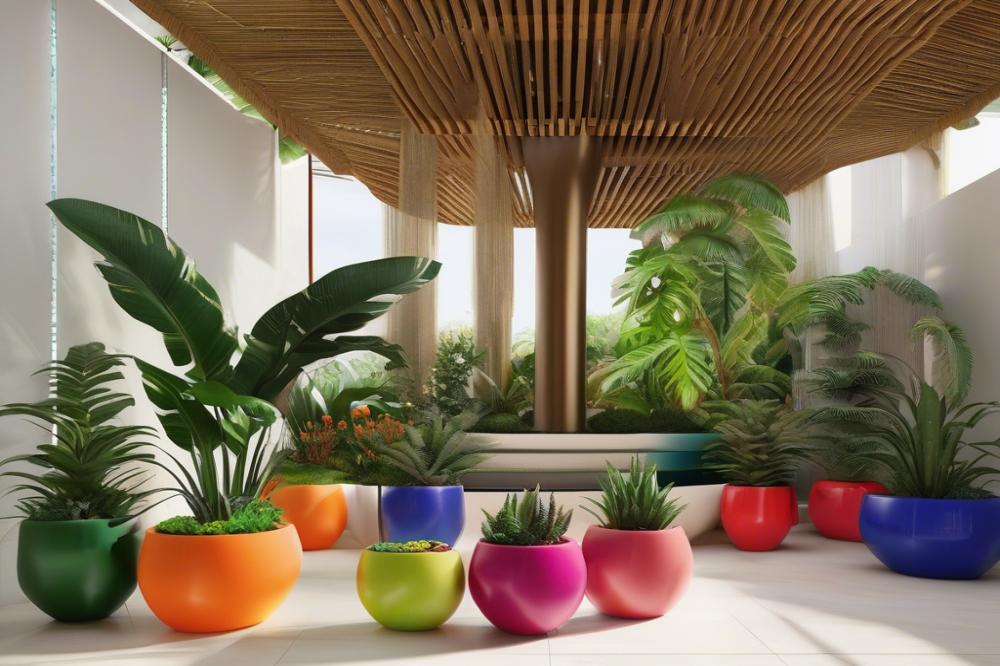

Overview of Common Soil Amendments
Soil amendments play a crucial role in creating an ideal environment for exotic plants. Adding components like perlite and vermiculite can enhance drainage and aeration. Organic matter, such as compost, improves soil structure and boosts nutrient content. These materials help maintain a balanced pH, which is vital for many tropical plants. Some amendments even promote moisture retention, making it easier for thirsty plants to thrive.
How to Incorporate Organic Matter and Fertilizers
Incorporating organic matter into your potting mix is essential. Begin by mixing compost into your soil evenly. This can improve texture and introduce beneficial microbes to the mix. Fertilizers should also be added based on the specific needs of your plants. Slow-release varieties work well for long-term nourishment. Liquid fertilizers can be used for more immediate results. Adjusting the ratio of these components can yield optimal growth for different exotic varieties.
Benefits of Using Soil Amendments for Specific Plant Types
Different plants have specific needs, and soil amendments can cater to those. For example, cacti thrive in well-drained conditions, making a mix with extra perlite beneficial. Tropical plants often require nutrient-rich soil with great moisture retention. Using compost and other organic matter can provide the essential nutrients they crave. Adjusting your amendments according to pH balance will help ensure your exotic plants flourish. By understanding plant types, you can customize your soil to create the perfect growing habitat.
Creating the Ideal Potting Mix for Exotic Plants
Mixing the perfect potting soil for your exotic plants can be both fun and rewarding. Follow this step-by-step guide to craft a soil that promotes thriving growth. Start by gathering your materials: compost, peat moss, perlite, and organic matter.
Step-by-Step Guide to Mixing the Perfect Potting Soil
First, measure the ingredients accurately. A good base is two parts peat moss. This provides moisture retention for your tropical plants. Next, add one part perlite to improve drainage. Mixing perlite well prevents root rot caused by excess water. After that, throw in one part compost to add nutrients.
For even better results, consider using vermiculite. This ingredient enhances moisture retention while allowing for air pockets in the soil. You can add a small amount, about half a part, to your mix.
Recommended Ratios of Ingredients for Different Exotic Plants
The ratios can vary depending on the type of exotic plant. For succulents, use one part peat, one part perlite, and one part coarse sand. This combination promotes good drainage while still being nutrient-rich. For orchids, opt for two parts bark, one part peat, and a little perlite. This mix will mimic their natural environment.
If you’re nurturing tropical plants, a ratio of three parts peat moss, one part compost, and one part vermiculite works well. This ensures the right balance of moisture and nutrients. Always keep in mind the specific needs of the plants you are growing.
Importance of Adjusting the Mix Based on Specific Plant Needs
Different plants have unique preferences. Monitoring pH balance is essential for optimal growth. Some prefer a more acidic mix, while others thrive in neutral soil. Additionally, consider the climate in your area. Adjustments might be necessary based on temperature and humidity.
Remember, soil amendments can make a significant difference. Sometimes, adding a little lime can raise the pH. On the other hand, adding sulfur can help lower it. Tailoring your potting mix ensures healthy growth and vibrant foliage for your exotic plants.
Have fun experimenting with your mixes. Each plant may respond differently, and finding the right balance is part of the gardening journey. Happy planting!
Wrap-Up and Next Steps
Choosing the right soil for exotic plants is essential for their success. Start by understanding the specific needs of the plants you are growing. Different species thrive in varied environments, so your soil should reflect those requirements. A quality potting mix, rich in organic material, is often a great foundation.
Good drainage is critical, especially for exotic species. Without it, roots can rot, leading to unhappy plants. Consider blends that incorporate elements like perlite or coarse sand to promote air flow and moisture control. This combination fosters a healthy root system, giving your plants the best chance to flourish.
Don’t hesitate to try different soil mixes. Experimentation can be fun and enlightening. You may discover new combinations that yield fantastic results. Your unique gardening experience can lead to better growth and more vibrant plants.
In closing, remember that a thoughtful approach to soil selection pays off. A well-planned soil strategy enhances not just plant health but also your overall gardening enjoyment. By investing time in understanding and testing various soils, you enable your exotic garden to truly thrive.

